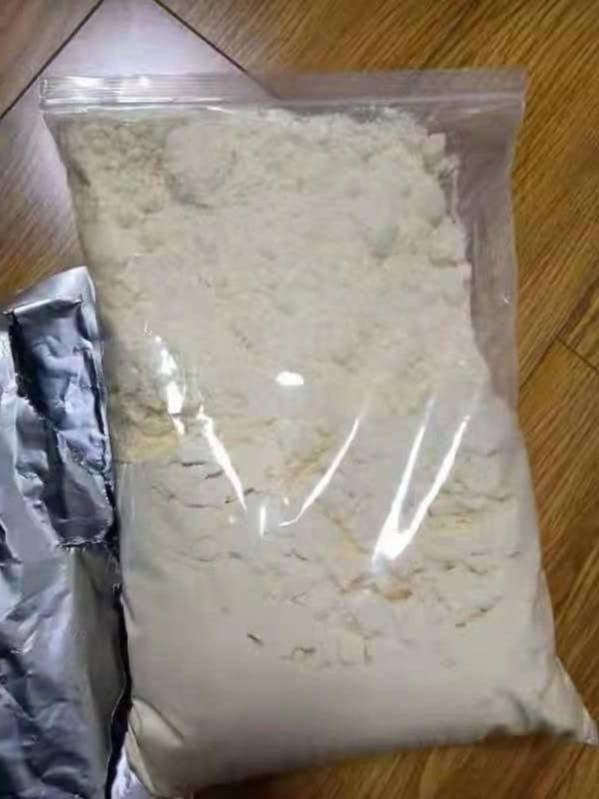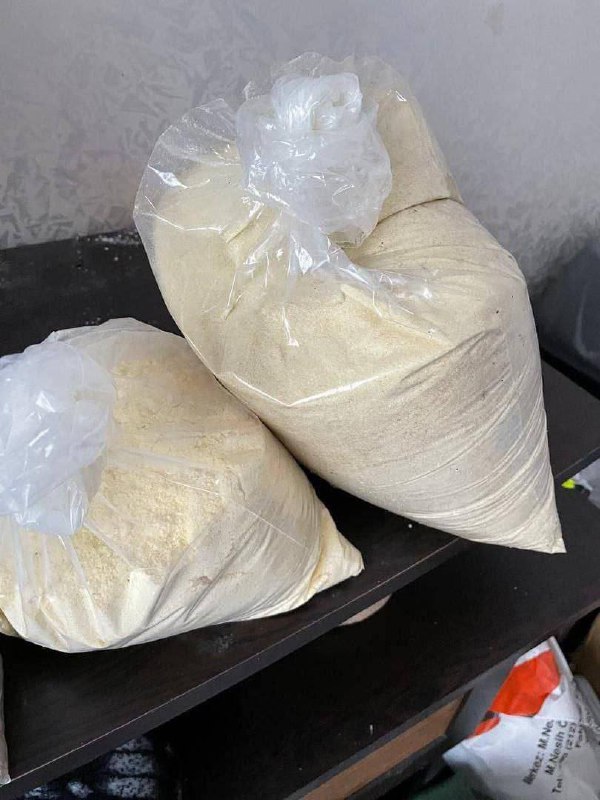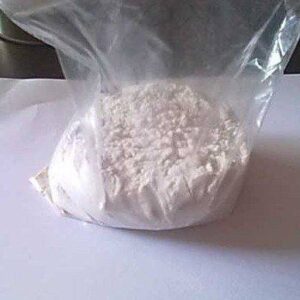Buy JWH-018
Price range: $300.00 through $3,500.00
Description
JWH-018: An In-Depth Look at a Pioneering Synthetic Cannabinoid
Introduction
JWH-018 is a synthetic cannabinoid that has played a pivotal role in the development of synthetic cannabis products. As one of the earliest and most well-known synthetic cannabinoids, JWH-018 has been extensively studied for its potent effects on the endocannabinoid system. This compound is known for its ability to mimic the effects of THC, the primary psychoactive component of cannabis, but with increased potency. In this article, we’ll explore the properties of JWH-018, its history, research applications, safety considerations, and legal status.
What is JWH-018?
JWH-018 is a synthetic cannabinoid that was first synthesized by Dr. John W. Huffman at Clemson University as part of research into the effects of cannabinoids on the body. The compound belongs to the naphthoylindole family and is known for its ability to bind with high affinity to CB1 and CB2 receptors in the endocannabinoid system. JWH-018 gained popularity due to its inclusion in various synthetic cannabis products, often marketed as “legal highs” or “spice,” before its widespread regulation.
Key Features and Properties of JWH-018
- High Potency: JWH-018 is highly potent, with effects similar to THC but often more intense. Its ability to produce strong effects at low doses made it popular in the formulation of synthetic cannabis products.
- Chemical Structure: JWH-018 is characterized by its naphthoylindole structure, which allows it to bind strongly to CB1 and CB2 receptors. This structural feature is key to its potent psychoactive effects.
- Research Applications: JWH-018 has been used in scientific research to study the interactions between synthetic cannabinoids and the endocannabinoid system. It has provided insights into cannabinoid receptor binding, pharmacology, and the potential therapeutic applications of synthetic cannabinoids.
- Legal Status: JWH-018 is a controlled substance in many countries due to its potency and potential for misuse. It has been banned or regulated in numerous jurisdictions as a result of its widespread use in synthetic cannabis products.
How JWH-018 Works
JWH-018 works by binding to cannabinoid receptors in the endocannabinoid system, which regulates various physiological processes including mood, appetite, pain sensation, and immune response. The compound has a high affinity for both CB1 and CB2 receptors, leading to effects that can be more intense than those produced by natural cannabinoids like THC.
- CB1 Receptors: Located primarily in the brain and central nervous system, CB1 receptors are responsible for the psychoactive effects of cannabinoids. JWH-018’s strong interaction with these receptors can lead to significant alterations in mood, perception, and cognition.
- CB2 Receptors: Found mainly in the immune system and peripheral tissues, CB2 receptors are associated with anti-inflammatory effects. JWH-018’s binding to these receptors may influence immune responses and inflammation.
Potential Uses and Applications
Although JWH-018 is not intended for human consumption, it has been used extensively in research to study the effects of synthetic cannabinoids. Some of the key areas of research include:
- Pharmacological Studies: JWH-018 has been used to investigate the pharmacokinetics (how the compound is absorbed, distributed, metabolized, and excreted) and pharmacodynamics (how it affects the body) of synthetic cannabinoids.
- Therapeutic Research: Researchers have explored the potential therapeutic applications of JWH-018, including its effects on pain, inflammation, and neuroprotection.
- Toxicology Studies: Understanding the toxicity and safety profile of JWH-018 is crucial for assessing the risks associated with synthetic cannabinoids and for developing guidelines for safe use in research.
Safety and Precautions
Due to its high potency, JWH-018 should be handled with care in research settings:
- Research Use Only: JWH-018 is intended strictly for research purposes and should not be used recreationally or for human consumption.
- Proper Handling: Researchers should use appropriate personal protective equipment (PPE) and follow strict safety protocols to prevent accidental exposure or contamination.
- Health Risks: Misuse or improper handling of JWH-018 can lead to severe health risks, including intense psychoactive effects, anxiety, hallucinations, and cardiovascular issues.
- Legal Compliance: It is essential to comply with local and international regulations regarding the use, possession, and distribution of synthetic cannabinoids like JWH-018.
Legal Status of JWH-018
The legal status of JWH-018 varies by country and region. In many places, it has been classified as a controlled substance due to its high potency and potential for abuse. Numerous countries have banned the sale, possession, and distribution of JWH-018 and other synthetic cannabinoids as part of efforts to regulate synthetic cannabis products.
Conclusion
JWH-018 is a pioneering synthetic cannabinoid that has significantly influenced the development of synthetic cannabis products and the study of cannabinoids. Its potent effects on the endocannabinoid system have made it a valuable compound in research, but also a substance of concern due to its potential for misuse. As a result, JWH-018 is heavily regulated in many regions, and its use is restricted to controlled research environments. Understanding the properties, effects, and risks of JWH-018 is essential for advancing cannabinoid research and ensuring safe practices in the study of synthetic cannabinoids.
Additional information
| choose an option | 10g, 20g, 50g, 100g, 500g, 1kg |
|---|







Reviews
There are no reviews yet.